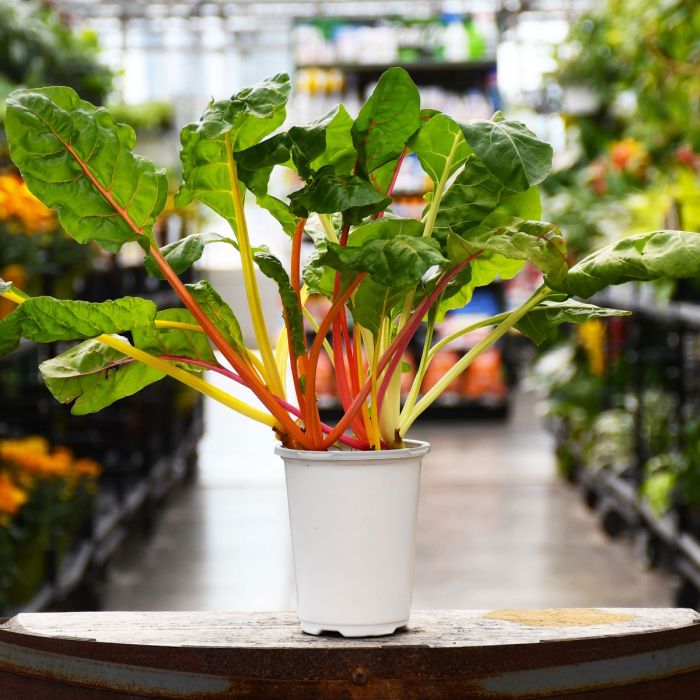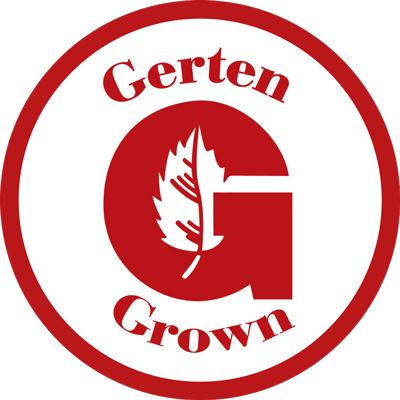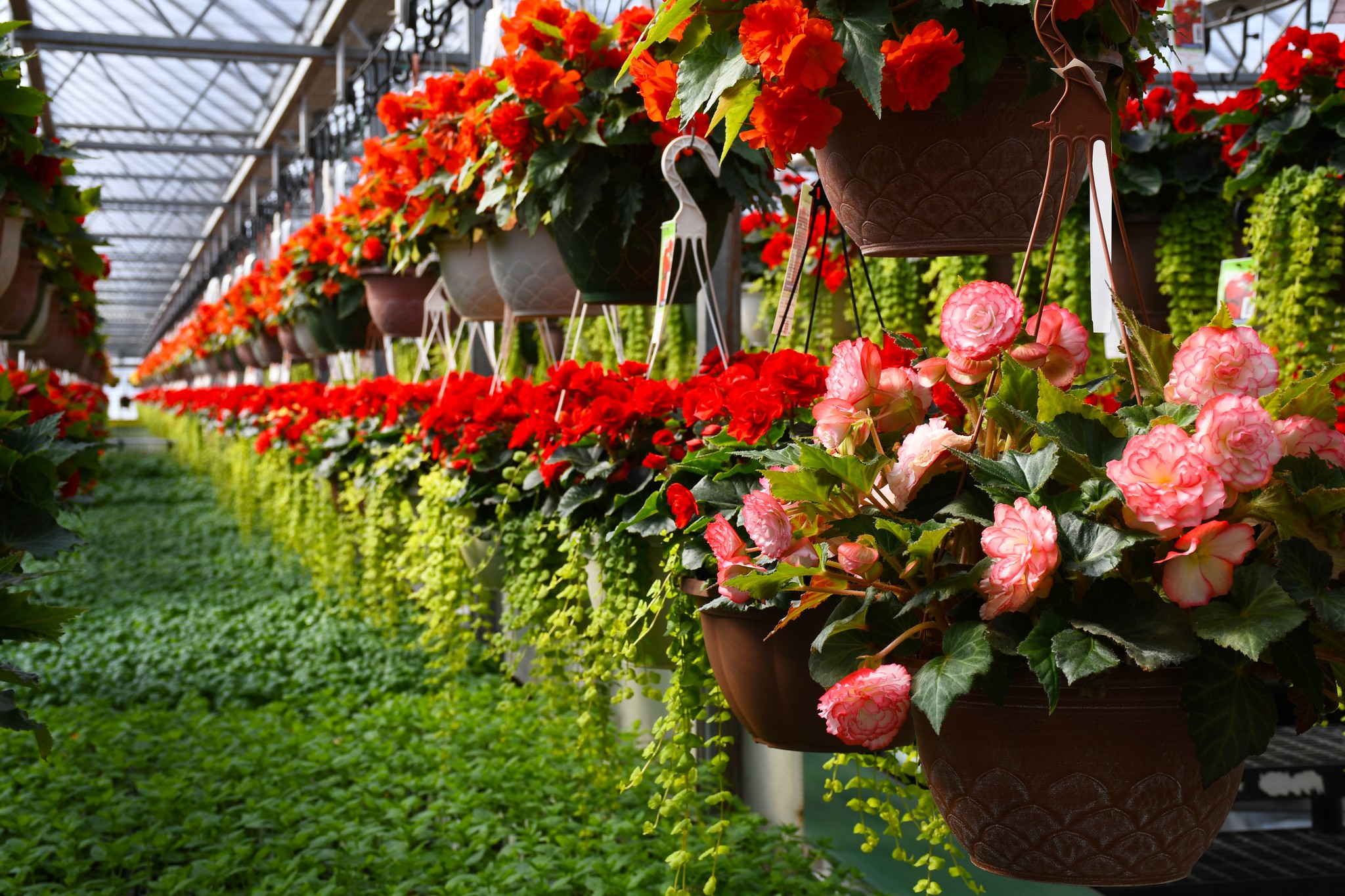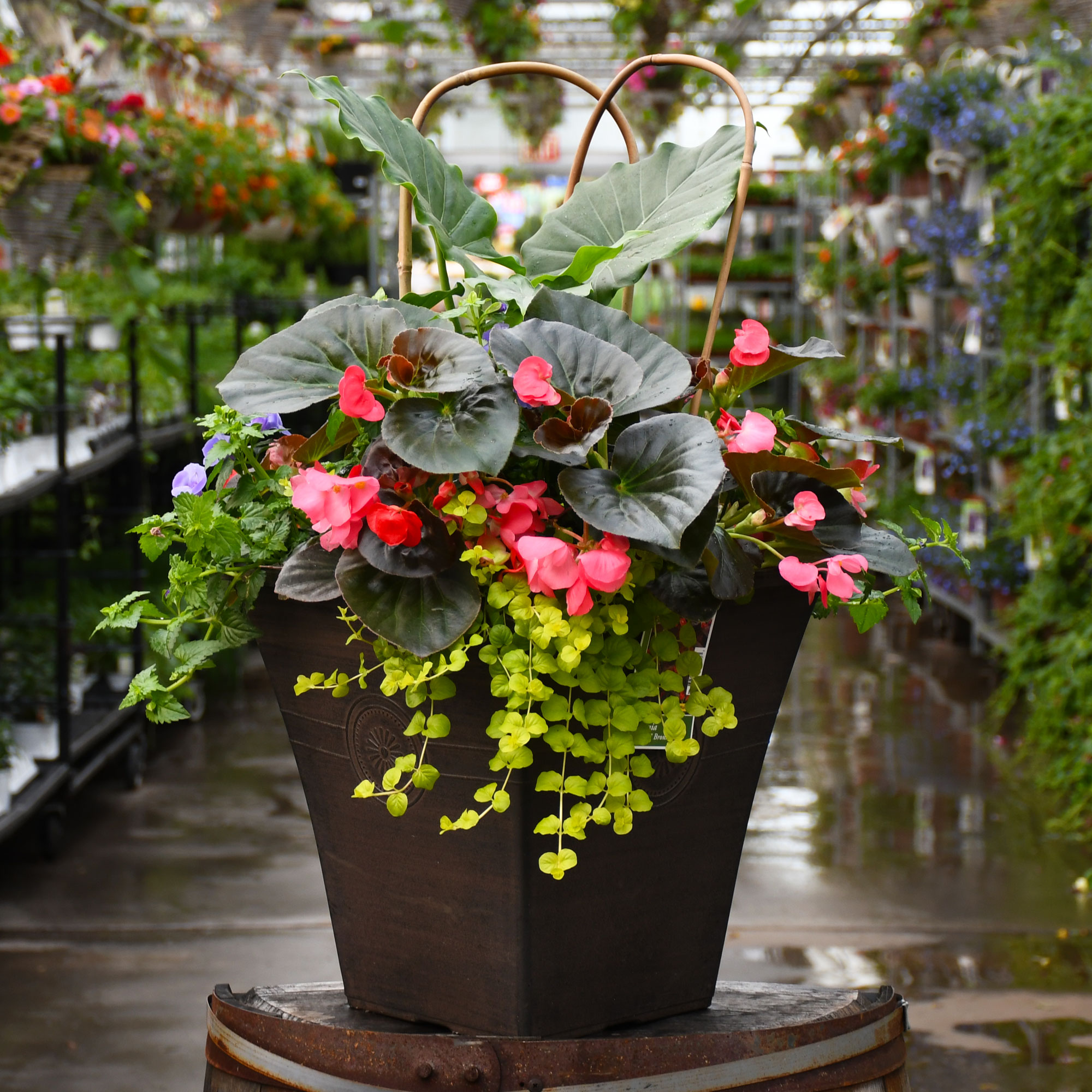Beta, Ornamental Swiss Chard 'Celebration'



Out of stock
Sold out for the season, check back in the Spring!- Sun Preference
- Full-Sun, Part-Sun
Description
The bright colors of 'Celebration' are cause for, well, a celebration! Red, magenta, orange, pink, yellow, and white stems support glossy, dark green leaves—a beautiful ornamental for the flower garden or large containers!
Direct from the Grower
When you see the Gerten Grown logo on our annuals, you know you're getting a fresh plant directly from our greenhouse. We've been perfecting our growing process for over four generations and pride ourselves on providing local quality and freshness to our customers. Better pricing on better quality plant material, that's Gerten Grown.
More Information
| Gerten Grown Plants | Gerten Grown Plants |
|---|---|
| Common Family Name | Chard |
| Sun Preference | Full-Sun, Part-Sun |
| Plant Life Cycle | Annual |
| Mature Height (Range) | 7-12" |
| Mature Spread (Range) | Under 12" |


